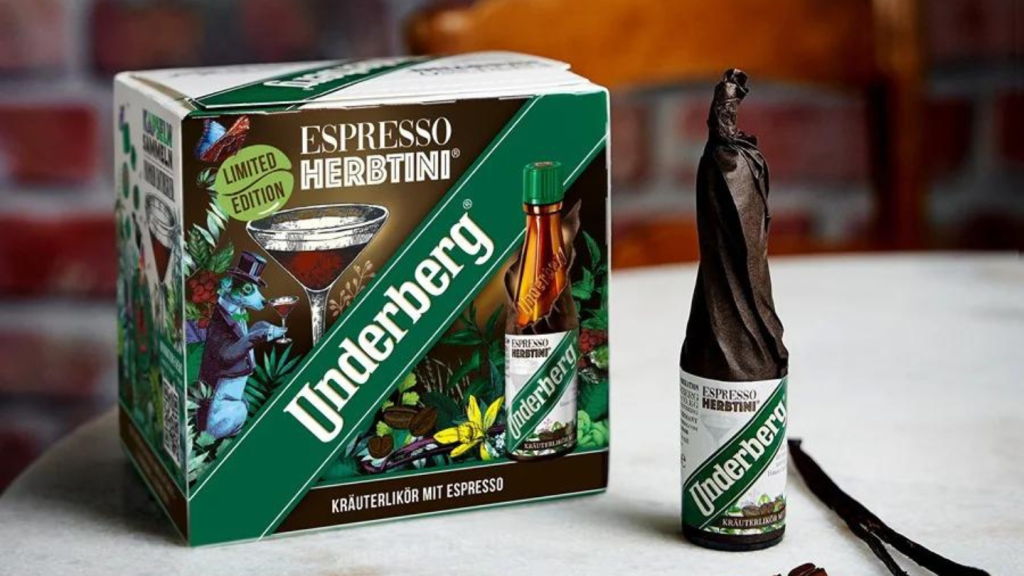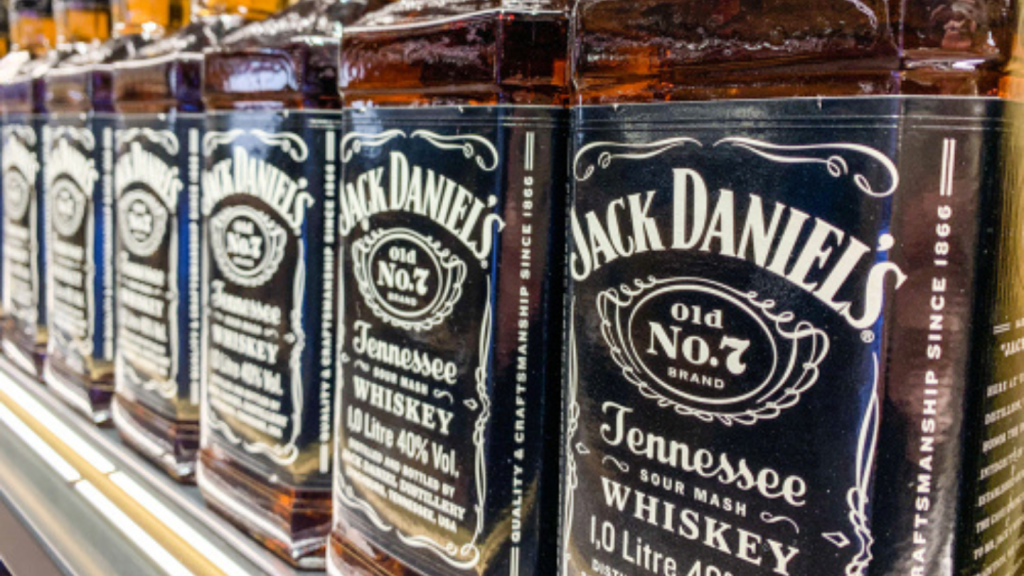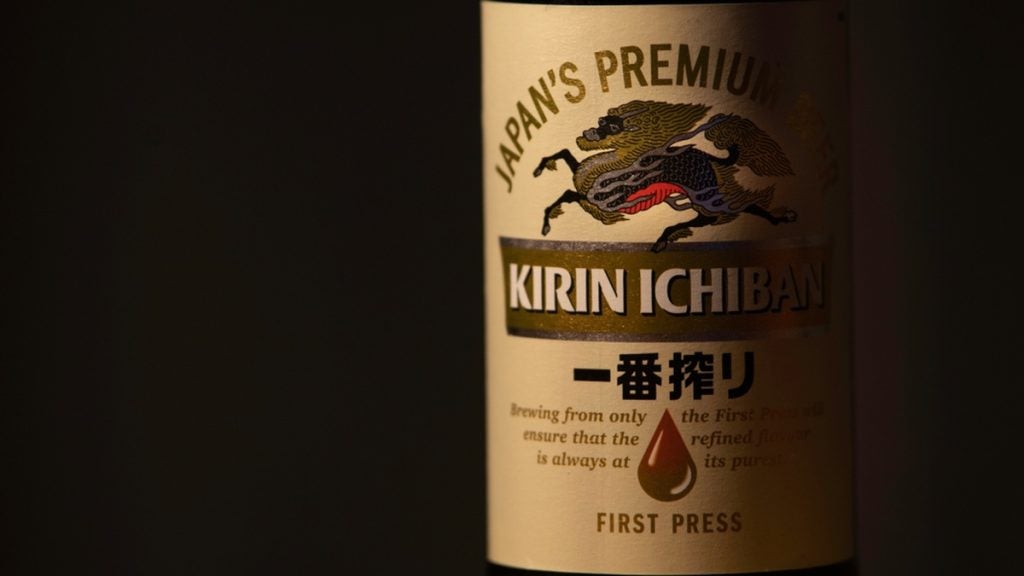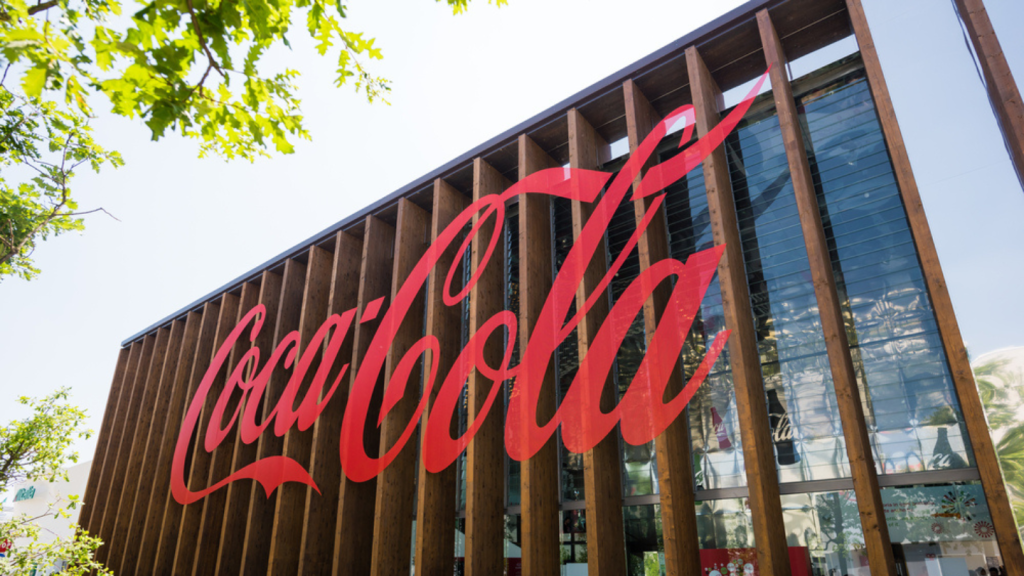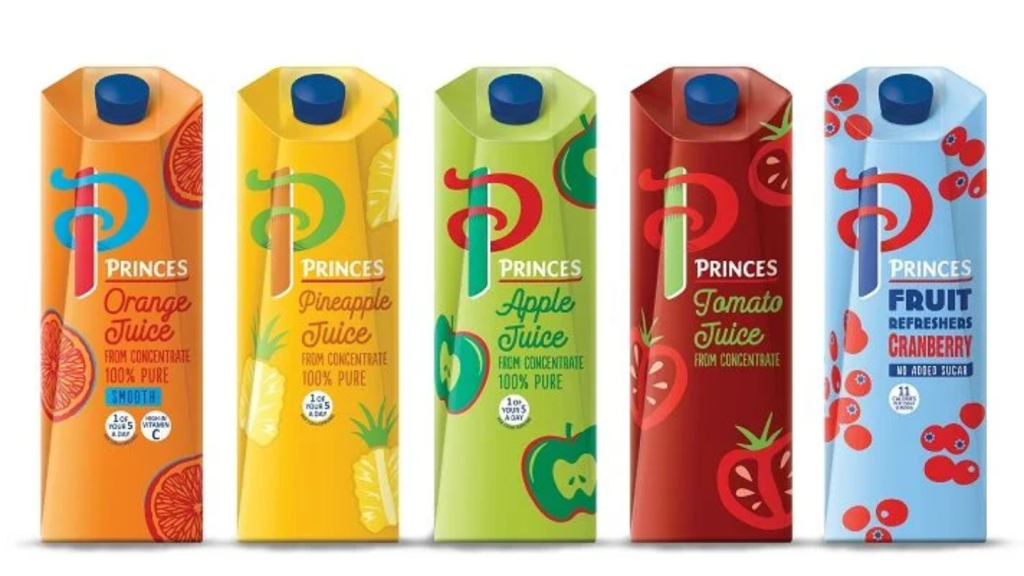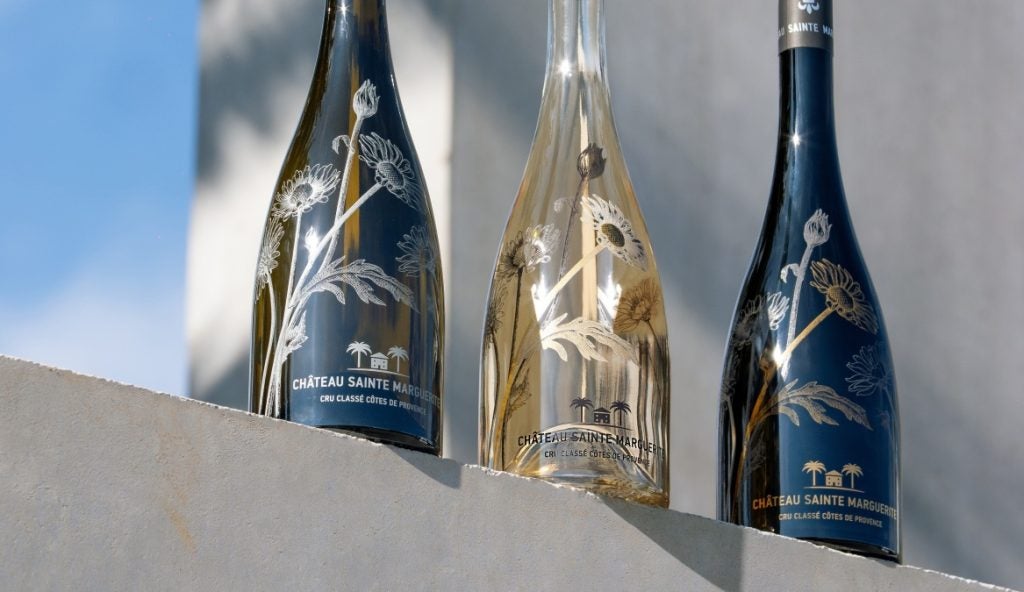Underberg, the Germany-based herbal liqueur company, will not be refinancing its 2018/2024 bond as the group looks to reduce its debt liabilities and grow its international business.
The bond, worth €10m ($10.7m), will be redeemed in March through capital provided by shareholders of the privately owned company and the Underberg family itself.
“The family is once again making a very clear commitment to the course they have chosen. By reducing external debt, we have more scope for our transformation goals,” Underberg CEO Michael Söhlke said.
Underberg has sought to transform the brand through product developments, a focus on modernising its current brands and expanding into international markets.
A team has been established to focus on both the Scandinavian and Brazilian markets, while the group states that it is also pushing into African and Asian markets. The group’s international sales increased by 12.7% last year.
An additional chunk of Underberg’s capital in the coming year will go towards the optimisation and expansion of its production facility in Rüdesheim, Germany.
Underberg was established in 1846 in Germany. The company’s products are available in international markets including the Netherlands, Russia, Belgium, Brazil and the US.
In its half-year financial results ended September 2023, privately-owned Underberg reported a revenue of €71.4m, a decrease of 1.8% year on year.
The group stated: “The herbal bitters Underberg achieved small growth of 0.2% overall, while sales abroad increased by 21.2%. The brandy brand Asbach was unable to continue the disproportionate growth of the past two years in Germany, but achieved an increase of 10.8% abroad.”
In September, Underberg launched Underberg Espresso Herbtini liqueur – the first product to be launched under its namesake brand in 177 years. Espresso Herbtini has an abv of 27% and is being released as a limited edition in the German market.
The following month, the group announced that it would release an alcohol-free version of its cachaça spirit brand Pitú. The alcohol-free cachaça is expected to go on sale in Europe this year.
It is not the group’s first foray into the low-and-no category as it launched the ready-to-drink non-alcoholic canned-cocktail brand Pitú Ipanema in 2020.
Underberg also announced this month that Dr. Ludwig Ruder would be replacing his grandmother, Christiane Underberg, on the group’s supervisory board. Dr Ruder previously worked for the Boston Consulting Group in New York for two years.


